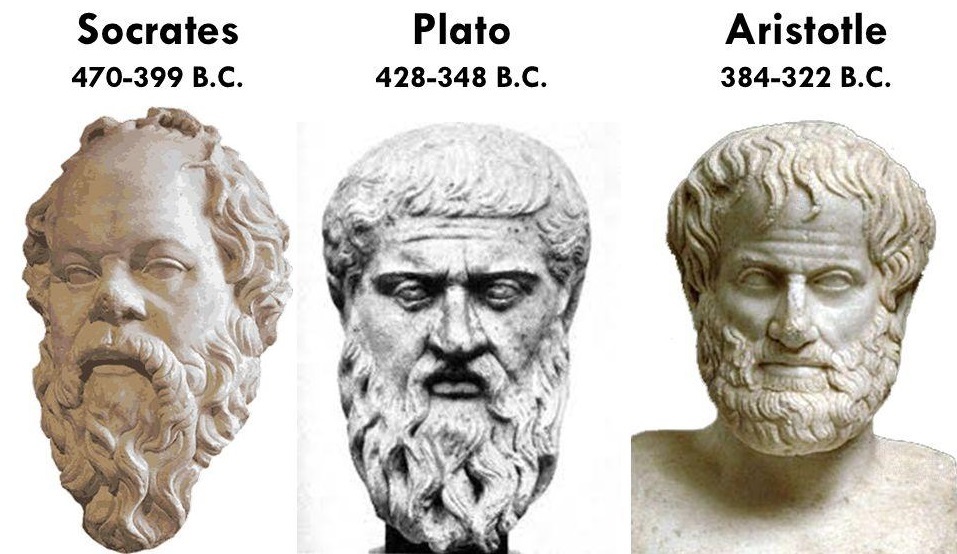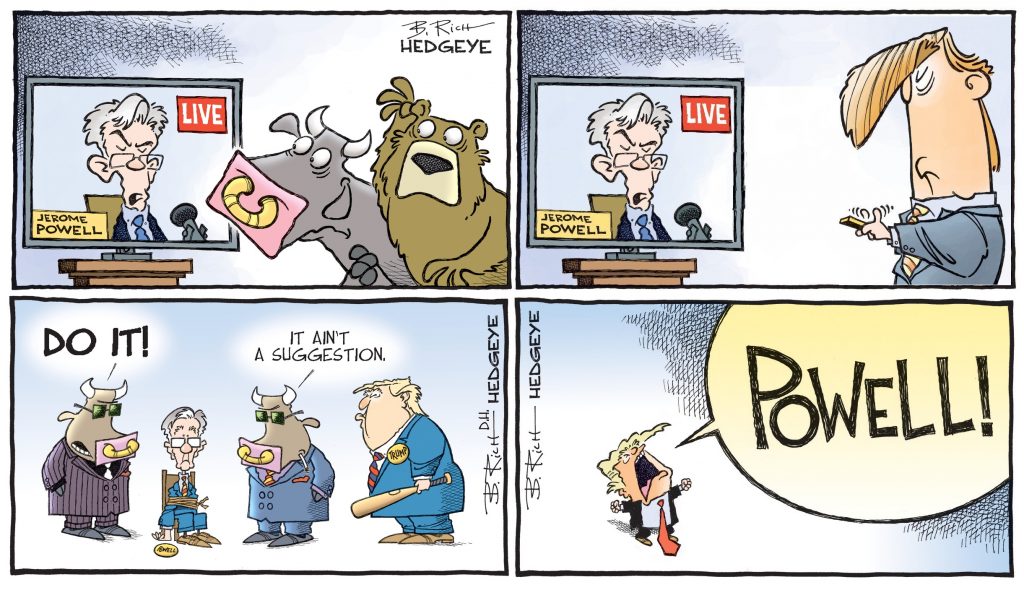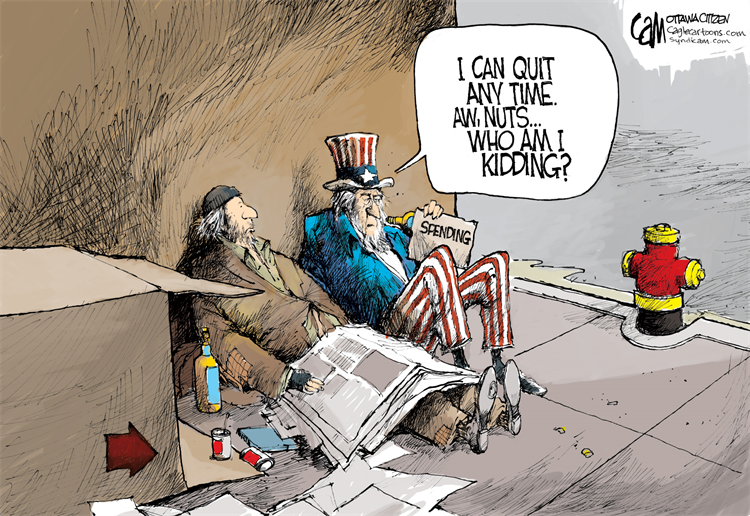Political Correctness Hampers Honest DebateWhat would the world be like today had Europeans never colonized Americas, Africa, the Middle East, Australia, New Zealand, and South Asia? Most of these societies would still not have discovered the wheel. It takes a huge amount of reality-avoidance and ineptitude for outsiders who travel there not to realize that a billion or more people in the Third World still wouldn’t have discovered the wheel. There is absolutely no evidence to suggest that the Third World would have independently found, discovered, or invented even a fraction — if any at all — of the sciences and technologies that exist today. |
Jayant speaks about Democracy, Welfare and Migration: The West’s March to Self-Destruction |
Without Europeans, lives in what were once colonized countries would have been brutish and much shorter than they are. These countries would have had nothing remotely resembling the concept of the rule of law.
After the end of the World War II, countries in the Third World started to gain their so-called independence. One the largest waves of immigration of Indians to the UK happened soon after the process of British decolonization started. Locals in those days knew that once the British were gone, India and Africa would enter a phase of chaos. After almost 70 years, this chaos shows little sign of abating. It is getting worse.
Institutions of the Third World have continued to deteriorate, degrade and fall apart over time. The level of immorality in social and political affairs in these countries is such that most western travelers simply do not have the background to properly comprehend what they are experiencing. As I propose in the article “The Future of the Third World”, the only hope these countries have of averting a reversion to their precolonial, medieval existence, is for Europeans to return and once again manage them.
The irony is that the international media and global organizations — CNBC, Bloomberg, the World Bank, and the IMF — are brimming with optimism when they talk about the polluted, backward, superstitious and tribal societies of the Third World.
One might ask why the international media and global organizations have a viewpoint about the Third World that is so completely contrary to the reality. The reason is quite simple. A culture of political correctness pervades these organizations. Anyone who does not go along is considered a bigot and is immediately fired.
Marc Faber recently wrote in his newsletter that the USA was lucky to have been populated by people from Europe. This is a no-brainer. Of course, given the prevailing culture of political correctness, he had to step down from his directorships at Sprott, Ivanhoe Mines and Nova Gold Resources.
I wish these organizations had supported him and encouraged freedom of speech, particularly when people of color in the USA have a free license to be bigots nowadays, and can accuse ethnically European people of committing all kinds of real or imagined crimes.
What Marc Faber wrote is of such huge importance to my mind, that it is criminal to ignore it. As a corollary to this, the failure to understand the underlying cultural issues means that the West is bringing in far too many people with irrational, tribal mindsets, who are corroding Western civilization.
Addendum by PT – A Look at African Culture Through the Lens of Sargon
When we recently wrote in defense of Marc Faber, we used the example of a society living under the rules of Salafist Islam, because we felt it would be more familiar to most readers, making it easier to imagine what colonization by such a society would imply. The question boiled down to whether it would it be considered bigoted to call the customs of a strict medieval shariah dispensation undesirable. In short, what precisely is the political correctness threshold? At what point is one no longer “allowed” to discuss such things and call a spade a spade?
Before we continue, let us briefly take a step back. Europe, the US, Canada, Australia and New Zealand were very lucky, as the best European ideas have largely prevailed and the cultural, institutional, technological and economic advances we are familiar with today were firmly established over time. Several Asian countries have adopted these ideas as well, with a predictable outcome: they very quickly reached levels of development similar to those in the industrialized nations of the West. No charities are asking for donations to relieve famines in Japan or South Korea.
As noted, societies adopting these ideas were lucky. We don’t claim it has anything to do with race and things may well have turned out differently. Feudal medieval Europe was a horrible place for a great many people (particularly the large rural population), and for a long time indications that an Age of Enlightenment would eventually arise and win the day were scant. In the 17th century a three decades-long religious war raged and either left vast areas depopulated or threw them back into a state of quasi-barbarism.
The nomadic Germanic tribes that were among the ancestors of many of today’s Europeans for centuries were mainly known for being superstitious and brutal pillagers and rapists. Not the kind of people anyone would want to be colonized by (it should be noted that their manners improved greatly once they settled down, which they did soon after the Visigoths sacked Rome in AD 410. They even bequeathed a famous legal code to posterity, which remained in use for another six centuries after the once feared conquerors of Rome had quietly disappeared into the dustbin of history).
One could certainly speculate about what precisely led to European culture eventually embracing individual freedom, democracy and free markets, but one would also do well to remember that it was not exactly a straightforward affair. Bad ideas and the atrocious ideologies they produced (such as fascism and Marxism) resulted in setbacks of genocidal proportions. It is hard to claim one is civilized while wiping out tens of millions of people. But not unlike the Visigoths of yore, we got better.
Sometimes it doesn’t take much for societies to veer from a spirit of relative openness and scientific advancement onto a far less productive path. Science flourished during Islam’s Golden Age (as Steven Weinberg and Neil de Grasse Tyson point out here, it is no coincidence that around two thirds of the named stars in our skies have Arabic names), but this ended with the complete destruction of Baghdad and its famed House of Wisdom by Mongols in the mid 13th century. The Mongols definitely weren’t avid readers, but they were certainly good at mass-slaughter (rumor has it they got better too, but we will reserve judgment for now).
The decline of Islam’s Golden Age was already set into motion 150 years earlier though, when Persian theologian Abu Hamid Al-Ghazali wrote a scathing critique of Muslim scientists who had adopted the ideas of Aristotle and other ancient Greek philosophers. His work turned out to be enormously influential among his fellow Muslim scholars and reportedly remains so to this day.
Some modern-day scholars assert that that a careful reading of Al-Ghazali’s most important work (titled The Incoherence of the Philosophers) reveals that it is not an anti-science screed. That may be true, but in that case most of his contemporaries and successors must have misinterpreted his work. Clearly he was lauded for centuries for his strong defense of the tenets of Sunni Islam rather than his support of scientific inquiry.
Moreover, he seemed to deny the very existence of laws of nature by asserting that even the most mundane observable cause-effect chains represented specific “acts of divine intervention” akin to miracles. Obviously, there is no longer a good reason to investigate them if that is the case; in fact, too much scientific curiousness may be seen as coming dangerously close to blasphemy. Of course, science and religion were frequently in conflict in Europe as well, but the conflict wasn’t resolved by abandoning science.
A few days after writing about the controversy caused by Marc Faber’s remarks, we came across an interesting video by an political commentator on You-Tube, Sargon of Assad. By way of background, Sargon is actually a liberal (in the sense of the US definition), but he stands out by being dead set against assorted cultural Marxists, the identity politics they propagate and their abominable crusade to silence free speech via enforcing political correctness.
| He recently went to “explore Africa” at the American Museum of Natural History in New York. His short summary of the descriptions on display there reads: “Africans good, Europeans bad. Islam good, Christianity bad”. The texts were evidently compiled by a leftist academic who decided that reality urgently needed to be upgraded to a PC 2.0 version and Sargon has a great time making fun of this. In conjunction with his commentary, the vignettes also provide interesting insights into African history and culture.
Sargon learns about African history and culture at the American Museum of Natural History. Regardless of whether one considers Dr. Faber’s remarks insensitive, it can hardly be doubted that they were correct in the context they were made in. |
Full story here Are you the author? Previous post See more for Next post
Tags: Marc Faber,newslettersent,On Economy,On Politics








































